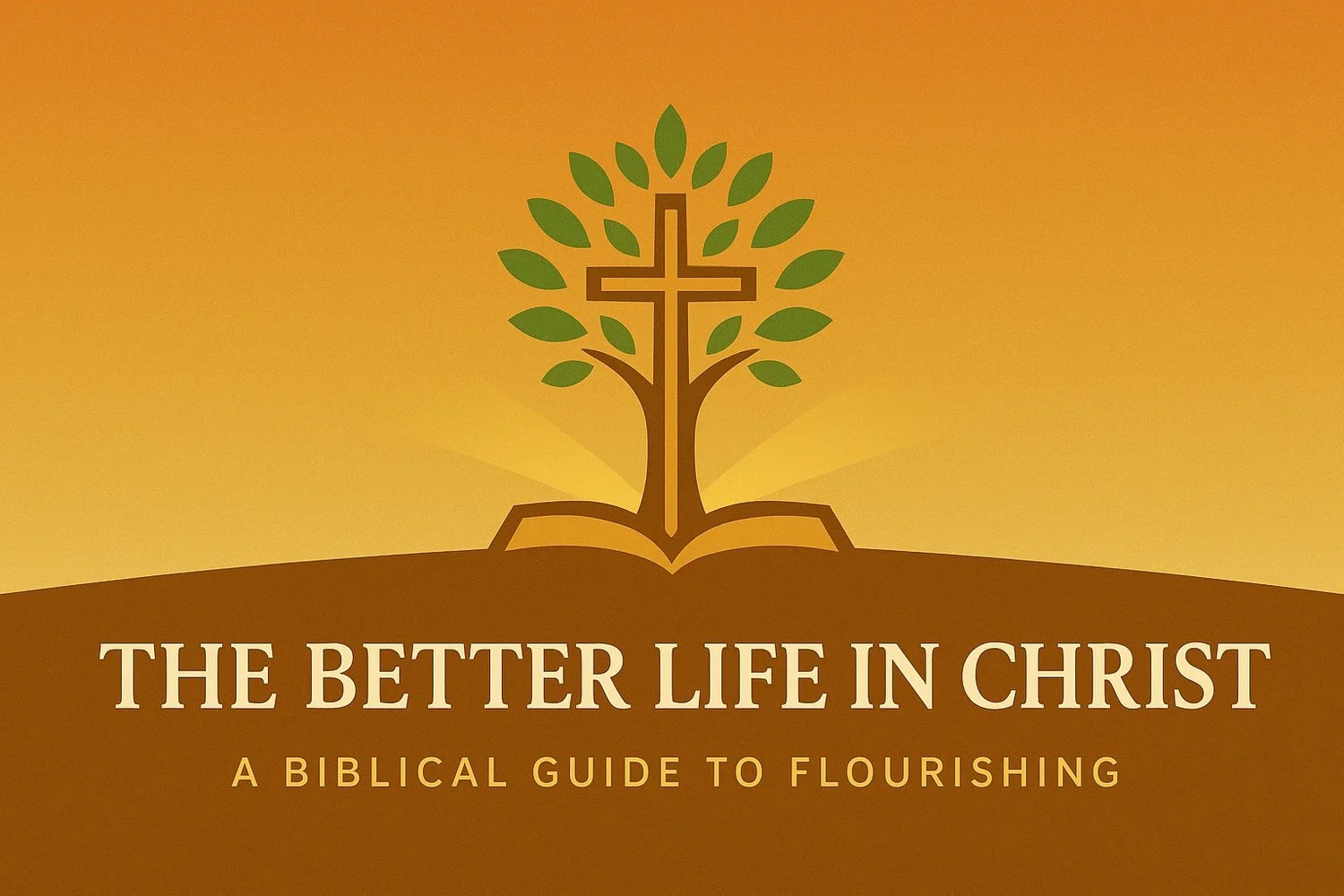On The Good Life
We often see phrases like “The Good Life” or “Life is Good” on t-shirts, coffee mugs, tire covers, and other merchandise. The idea has inspired television shows, movies, self-help books, and podcasts—each promoting a feel-good philosophy that encourages people to live their best life and be the best version of themselves. The Good Life is more than just a pop-culture slogan—it is grounded in science.
A recent example is the book The Good Life: Lessons from the World’s Longest Scientific Study of Happiness, which presents findings from the Harvard Study of Adult Development. The book by Dr. Robert Waldinger and co-authored with Dr. Marc Schulz, sought to uncover what truly leads to a good, fulfilling life—defined by happiness, health, and purpose. Since its inception in 1938, the study has followed over 700 men (all deceased now) and their families across generations, making it the longest-running study of adult life and well-being.
The study initially followed two groups: male Harvard sophomores (including John F. Kennedy) and inner-city boys from disadvantaged backgrounds in Boston. Over time, these groups merged and expanded to include the men's spouses and children, eventually encompassing thousands of individuals.
Key Findings from the Study:
Social Fitness Is Essential for Good Health
Just like physical fitness, relationships require consistent care. Meaningful relationships can reduce stress, improve immunity, and lower the risk of chronic diseases.Loneliness Is Detrimental to Health
Chronic social disconnection is linked to depression, cognitive decline, and even early mortality. Importantly, loneliness is not just about being alone—it’s about not feeling seen, heard, or valued.Relationships Help Build Good Health
Quality matters more than quantity. One or two emotionally safe and dependable relationships can be more beneficial than having many shallow connections. Even relationships with some conflict can be healthy if respect is maintained.Positive Connections Cultivate Well-being
Relationship dynamics can change. With curiosity, presence, and vulnerability, people can build or restore meaningful connections at any age.
The most powerful takeaway from this study is that it’s never too late to cultivate strong, healthy relationships. Fulfillment and life satisfaction can increase with age—especially when we prioritize meaningful human connection.
The Good Life: Ancient Wisdom Meets Modern Science
While the science of happiness may seem new, its history goes back to ancient philosophy. Aristotle, in the opening lines of his Nicomachean Ethics, wrote:
“Every art and every inquiry, and similarly every action as well as choice, is held to aim at some good... Hence people have nobly declared that the good is that at which all things aim” (Ethics, p. 1)
He later stated:
“Since all knowledge and every choice have some good as the object of their longing—let us state what is…the highest of all goods related to action... both the many and the refined say it is happiness, and they suppose that living well and acting well.” (Ethics, pp. 4–5)
But what did Aristotle mean by “the highest of all goods” being happiness? The Greek word he used was eudaimonia, which does not refer to fleeting pleasure or constant positivity. Instead, eudaimonia refers to a virtuous life well lived—a life of character, purpose, and moral excellence. Life is far from perfect; bad things happen even to good and Godly people. Trauma, fear, and uncertainty are real. Yet, living a virtuous life—a life marked by eudaimonia—can help us do more than survive; it enables us to thrive.
Etymologically, eudaimonia combines eu (“good”) and daimon (“spirit”), meaning "good spirit" or inner well-being. In modern psychology, this concept is closely related to human flourishing.
Unfortunately, popular culture often equates happiness with surface-level emotions—a “don’t worry, be happy” mindset. But true well-being goes deeper. It is not about avoiding hardship; it’s about growing through it. There is nothing wrong with The Good Life; however, there is something better.
References
Aristotle, (2011), Nicomachean Ethics, translated by Robert C. Bartlett and Susan D. Collins, Chicago: The University of Chicago Press.
Waldinger, R, & Schulz, M. (2023), The Good Life: Lessons from the World’s Longest Scientific Study of Happiness. New York: Simon & Schuster.
